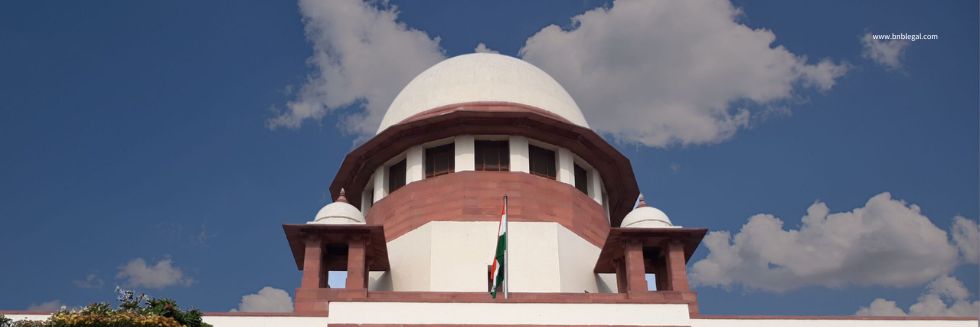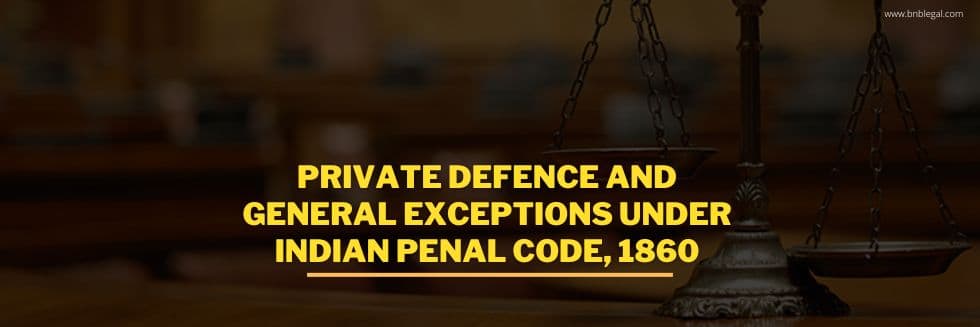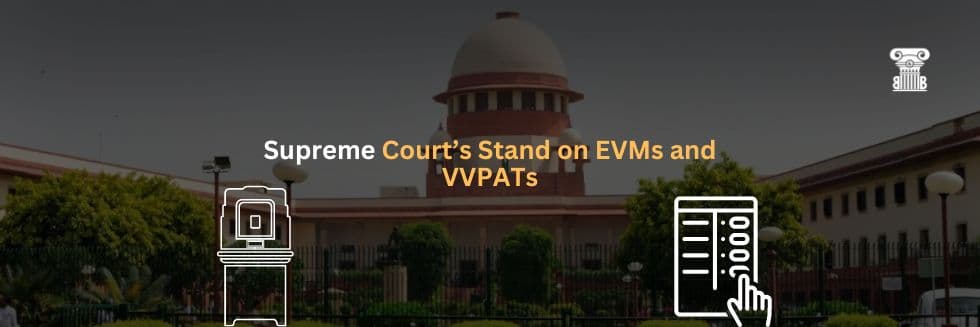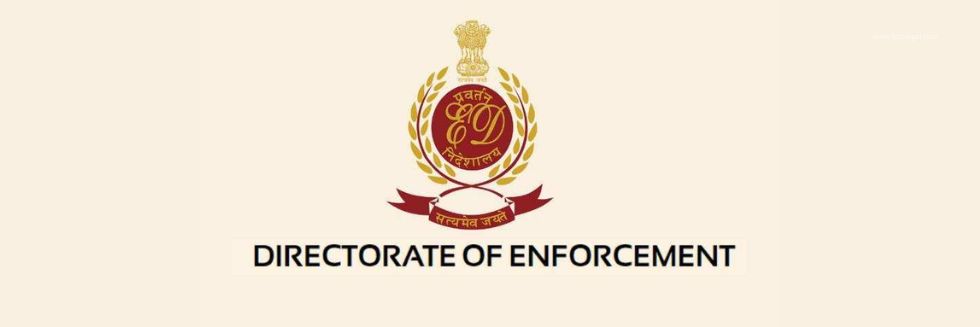Introduction
Precedent, often known as stare decisis, is a legal principle that requires lower courts to follow the decisions of higher courts in similar instances. The notion of precedent is specifically stated in Article 141 of the Indian Constitution, which stipulates that “the law declared by the Supreme Court shall be binding on all courts within the territory of India”.
This means that the Supreme Court’s decisions are binding on all lower courts, including the High Courts and district courts. All lower courts within their separate jurisdictions are bound by the decisions of the High Courts. The question is what decision would be a binding precedent which ought to have been taken note of and considered in subsequent cases. The Supreme Court emphasized in the instant case that brief orders issued solely to resolve the conflict in a single case and conclude the case cannot serve as precedent in subsequent cases.
Case Details
Secunderabad Club v. CIT
Petitioner: Secunderabad Club
Respondents: CIT
Court: Supreme Court
Coram: B.V. Nagarathna, J. & Prashant Kumar Mishra, J.
Case no.: Civil Appeal Nos). 5195-5201 of 2012
Date of Judgement: August 17, 2023
Brief Facts
- In the instant case, a batch of appeals were clubbed.
- In these cases, a short but interesting legal question arises: Whether the appellant Clubs’ deposit of surplus funds in various banks is liable to be taxed in the hands of the Clubs, or whether the principle of mutuality would apply and the interest earned from the deposits would not be subject to tax under the provisions of the Income Tax Act, 1961.
- In the assailed judgements, the High Courts unanimously decided that the interest gained on bank deposits made by the clubs is taxable in the hands of the clubs and that the mutuality principle does not apply.
- The pertinent controversy is whether, the judgment of this Court in the case of Bangalore Club v. Commissioner of Income Tax, (2013) 5 SCC 509 (“Bangalore Club”) calls for reconsideration in view of the earlier order of this Court in Commissioner of Income Tax v. M/s Cawnpore Club Ltd., Kanpur (“Cawnpore Club”) disposed of by this Court on 05.02.1998.
Observations
Regarding the concept of ratio decidendi and binding, the court made the following observations:
- According to Article 141 of the Constitution, what is binding is the ratio of the judgment, and as previously stated, the ratio decidendi of a judgment is the rationale offered in support of the conclusion.
- Only by reading a judgment in its entirety can the reasoning of a decision be discerned, and it must then be plucked out. The ratio of the case must be determined from the facts of the case and the specific provision(s) of law that the court has applied or interpreted, and the decision must be understood in the context of the specific statutory provisions involved in the subject.
- An order issued just to dispose of the matter lacks the value and effect of a binding precedent.
- Although the Supreme Court’s obiter dictum is binding on all courts, it only has persuasive authority within the Supreme Court.
- The decision is authoritative only for what it specifically decides, not for what might be rationally drawn from it.
- The precedential value of a Supreme Court order that is not preceded by a thorough decision would be absent since an issue would not have been dealt with categorically.
- The Supreme Court can be deemed to have declared the law only when it is contained in a spoken order, either expressly or by necessary implication, and not through dismissal in limine.
- The precedential value of a Supreme Court order that is not preceded by a detailed judgment would be lacking inasmuch as an issue would not have been categorically dealt with. The order is binding on the parties to the said order, but it cannot, in our opinion, serve as a precedent for subsequent cases such as the one we are dealing with.
- If an order of this Court is brief and intended only to close the controversy involved in a particular case and to conclude the case, it is undeniably binding on the parties to the said order, but it cannot, in our opinion, serve as a precedent for subsequent cases such as the one we are dealing with.
Judgment
The court stated that the Cawnpore Club decision was not based on any reasoning or deduction as to whether or not income tax would be levied on the interest received on fixed deposits made by a club in a bank.
“In the absence of any deduction, reasoning, or analysis, the said order cannot carry precedential weight to bind this Court in a subsequent case.” This is because the Order contains no discernible ratio decidendi. The Order would, of course, bind the parties to the lawsuit. While carefully reading the Order issued by this Court in Cawnpore Club, it is obvious that the High Court clearly stated that revenue earned by letting out rooms/property to its members would not be subject to tax… In the absence of any obvious signal in the debate or analysis, and a simple closing of a case, the concept of mutuality would imply that it would apply exclusively to those acts to which it would usually apply. That is not the same as claiming that revenue obtained by a club from non-members or income earned through a club’s investment in fixed deposits in a bank would attract the concept of mutuality and hence no tax would be required.”
The panel of Justices BV Nagarathna and PK Mishra stated that the decision in Bangalore Club v. Commissioner of Income Tax, (2013) 5 SCC 509 should be revisited in light of the earlier verdict in Commissioner of Income Tax v. M/s Cawnpore Club Ltd., Kanpur (“Cawnpore Club”).
This article is written and submitted by Sanskar Singhal during his course of internship at B&B Associates LLP. Sanskar is a 5th Year BBA LLB student at Geeta Institute of Law, Panipat.









